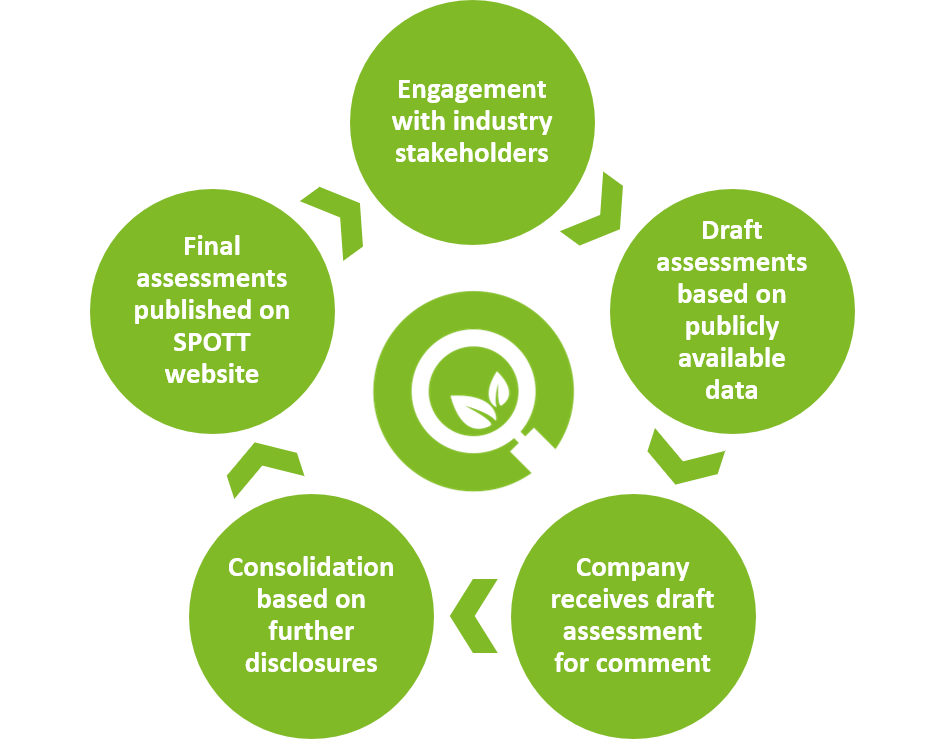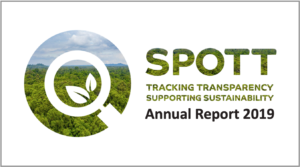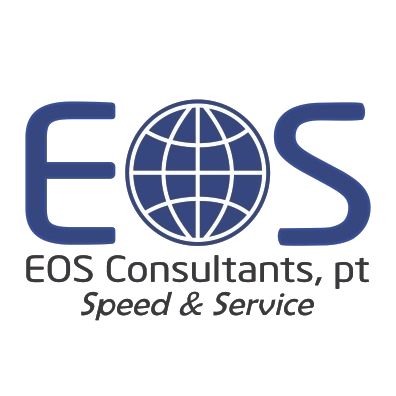SPOTT – Sustainability Policy Transparency Toolkit – is a free, online platform supporting sustainable commodity production and trade. By tracking transparency, SPOTT incentivises the implementation of corporate best practice.
SPOTT assesses commodity producers, processors and traders on their public disclosure regarding their organisation, policies and practices related to environmental, social and governance (ESG) issues. SPOTT scores tropical forestry, palm oil and natural rubber companies annually against over 100 sector-specific indicators to benchmark their progress over time.
Investors, buyers and other key influencers can use SPOTT assessments to inform stakeholder engagement, manage ESG risk, and increase transparency across multiple industries.
SPOTT is an initiative developed by ZSL (Zoological Society of London).Palm oil companies assessed on SPOTTTimber and pulp companies assessed on SPOTTNatural rubber companies assessed on SPOTT

Assessments and engagement
SPOTT supports constructive industry engagement by investors, ESG analysts, buyers and other supply chain stakeholders – those with the power to influence companies to increase disclosures and improve their practices on the ground.
Users of SPOTT can identify areas where a company is making continuous improvement and other areas where engagement may be needed. SPOTT indicators and assessment data can inform policies and procedures for due diligence, screening and sourcing.
Companies do not report directly to ZSL to inform their SPOTT assessments. Instead, we conduct thorough reviews of their publicly available reports and publications, before contacting each company with its draft assessment. This engagement process means that companies have the opportunity to respond to ZSL, make further public disclosures, and provide feedback ahead of the final review and publication on SPOTT.
We select companies using a methodology that considers the needs of SPOTT users and identifies companies of the greatest interest and impact given their operations, geographies, and supply chain positions. Specifically, we have selected companies for assessment based on the following factors:
- Operations in priority countries (i.e. in areas of high biodiversity value threatened by commodity production);
- Scope and scale of operations (e.g. areas of land owned or leased, revenue generated);
- Nominations by interested stakeholders, or companies volunteering themselves for assessment.
We encourage all companies – not just those assessed on SPOTT – to report regularly and accurately on their progress towards meeting commitments. ZSL accepts ongoing nominations of additional palm oil, timber and pulp, and natural rubber companies for future SPOTT assessment.Meet the SPOTT team at ZSL
Indicators of best practice
SPOTT assessments follow three comprehensive frameworks of best practice indicators for palm oil, timber and pulp and natural rubber companies. Each framework consists of detailed research protocols for more than 100 indicators divided across 10 categories. ZSL has developed the SPOTT indicators in collaboration with technical advisors to ensure they are closely aligned with related initiatives including the United Nations Sustainable Development Goals.

SPOTT annual reports
ZSL has published five SPOTT annual reports since launching in November 2014. These reports demonstrate the impacts of SPOTT on the palm oil industry, tracking notable increases in corporate ESG transparency scores, demonstated on the SPOTT Dashboard.
The 2019 report includes details about the further expansion of SPOTT’s scope to include the inaugural assessments of 15 natural rubber companies, the launch of the SPOTT Supporter Network, and details of five Forestry Transparency Forums which took place in the Congo Basin, Indonesia, and China.


